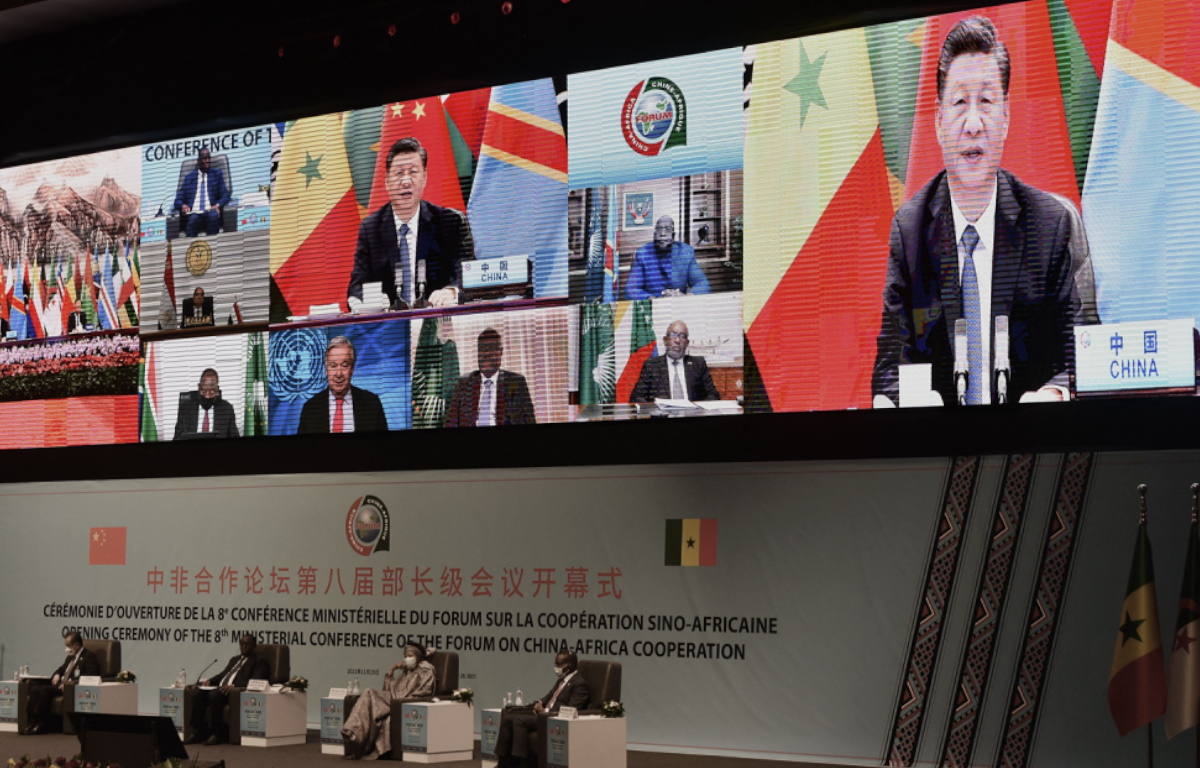
As geopolitical tensions between the United States and China continue to escalate, a significant shift is occurring in the global semiconductor industry, with the U.S. increasingly focusing on the Philippine chip sector. This strategic move underscores the growing importance of Southeast Asia in the tech supply chain and reflects efforts to reduce reliance on Chinese manufacturing.
Semiconductors, often referred to as chips or microchips, are the backbone of modern technology, powering everything from smartphones to automotive electronics. The global semiconductor industry has faced challenges in recent years, including supply chain disruptions, increased demand for chips, and geopolitical uncertainties.
The Philippines has emerged as a promising destination for semiconductor manufacturing and assembly. The country offers several advantages, including a skilled workforce, competitive labor costs, and government incentives to attract foreign investment in the tech sector. These factors, coupled with the Philippines’ strategic location in Southeast Asia, make it an attractive option for companies looking to diversify their supply chains.
In response to these dynamics, the United States is intensifying its focus on the Philippine chip sector. American companies are ramping up investments in semiconductor facilities and forging partnerships with local manufacturers. This strategic shift is driven by the desire to reduce dependency on Chinese suppliers and mitigate risks associated with geopolitical tensions.
The move towards the Philippine chip sector is part of a broader strategy to reduce reliance on China in critical supply chains. The U.S. government, along with private sector entities, recognizes the importance of diversifying sourcing and production locations to enhance resilience and ensure supply chain security.
Collaboration between U.S. and Philippine companies also involves technology transfer and capacity building initiatives. This includes knowledge sharing, skills development, and the adoption of advanced manufacturing practices. These efforts contribute to the growth of the Philippine tech industry and strengthen bilateral ties between the two countries.
The U.S. pivot towards the Philippine chip sector has significant geopolitical implications. It reflects strategic efforts to counter China’s dominance in the semiconductor industry and maintain technological leadership. Additionally, it aligns with broader geopolitical strategies aimed at enhancing regional stability and security in the Indo-Pacific region.
Looking ahead, the collaboration between the U.S. and Philippine chip sectors is poised for further growth and innovation. Continued investments, technology transfers, and collaborative projects are expected to strengthen the Philippines’ position as a key player in the global semiconductor supply chain. This trend also highlights the evolving dynamics of global tech partnerships amid geopolitical shifts.










Share this: